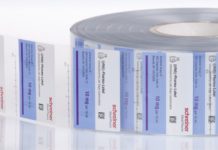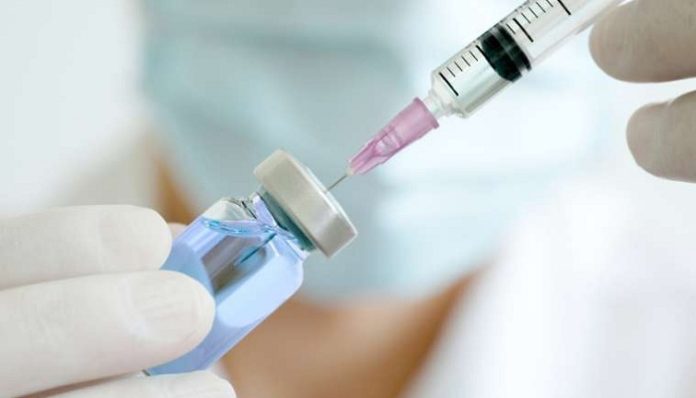The treatment for paediatric patients with severe malaria is being evaluated through research.
The first patient has been enrolled in the SEVUSMART study, according to a statement from Modus Therapeutics, a firm that creates therapies for individuals who have significant unmet medical needs. In a phase 1 clinical study funded by Imperial College London and Wellcome, the company’s patented medication sevuparin is being assessed in paediatric patients with severe malaria.
Up to 20 paediatric patients with severe malaria at the Kilifi County Hospital in Kilifi, Kenya, will participate in the SEVUSMART phase 1 trial to assess the safety and tolerability of increasing doses of sevuparin.
The goal of the study is to determine the ideal dosage of sevuparin to provide in conjunction with regular medical care while treating severe malaria. In both human samples and patients with simple malaria, the medication has already demonstrated promising results against the malaria parasite.
The trial is the outcome of a partnership between Modus and a group from Imperial College London led by Professor Kathryn Maitland. A Wellcome science collaboration grant is now supporting the project. Sevuparin is currently being developed by Modus for the treatment of sepsis, septic shock, and other illnesses characterised by systemic inflammation, such as severe malaria.
They are thrilled to be commencing this experiment, which was devised by a team of international specialists in the field, said Imperial College London professor Kathryn Maitland. Sevuparin, in her opinion, may help with the treatment of severe malaria in young people. Through the study, they seek to increase their knowledge of how to enhance patient outcomes in a medical area that is still very difficult to treat.
They are delighted to be moving forward with this crucial collaboration exploring sevuparin in severe malaria, said John Öhd, chief executive officer of Modus. Collaborations like these continue to be a critical element of their strategy to optimise the development potential of sevuparin as they quickly increase their understanding of the drug’s influence on systemic inflammation mechanisms resulting from various causes.
Particularly in regions of the world where malaria is endemic, severe malaria continues to be an unresolved medical issue. Young children who have the parasite infection are most affected by the disease. In cases of severe malaria, the parasite infection results in a syndrome of systemic inflammation that resembles sepsis and other serious illnesses. If this syndrome is left untreated, it can progress to shock and multi-organ collapse.






















